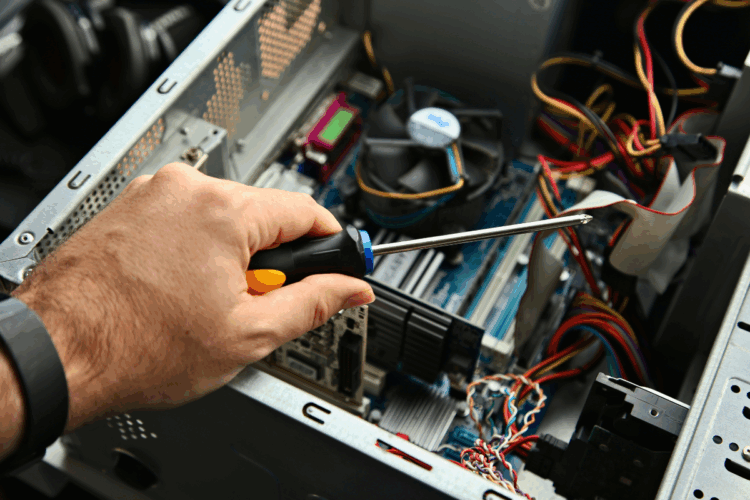Tailwind Capital is the latest private equity player to bet on the booming IT asset disposition industry, taking a majority stake in DMD Systems Recovery this month. The deal marks Tailwind’s first big move into the ITAD sector.
Based in New York and managing over $5.8 billion, Tailwind usually invests in companies with proven track records in infrastructure and IT services. Its approach is to support experienced management teams and to scale up operations, while rarely getting involved in day-to-day processes.
For DMD, which runs its own warehousing and international partner network across 50 countries, the investment kicks off an ambitious growth campaign. This is likely to strengthen sales, broaden service offerings and plan new acquisitions to meet surging demand from large enterprises looking to outsource the complex job of device disposition and data destruction.
Tailwind’s move is among a series of private capital firms eyeing ITAD assets as hardware decommissioning volumes expands, regulation tightens and the stakes for data security and responsible recycling rise, coupled with a maturing frontline infrastructure service, the kind of business investors want in their portfolios, but one that demands skills and respect for regulatory compliance.
The private equity firm’s entry signals new momentum in the sector, but while the opportunity exists, flawless execution is a must for DMD to be a major player in the global ITAD market. While DMD’s leadership brings seasoned operational and tech know-how, key advantages in a market shaped by constant tech upgrades and strict regulations, Tailwind’s investment in the company is its first step in a sector that requires deep knowledge and experience. Other similar deals have shown that sector newcomers often underestimate the complexity of ITAD, which can lead to mismatched expectations, delays or gaps in compliance.
But the outlook remains positive for DMD, as both sides have tools to navigate the terrain. Successful integration will depend on Tailwind’s willingness to invest in ITAD-specific expertise and ongoing education, and on DMD’s leadership prioritizing open dialogue and technical rigor. With the right checks and collaboration, the partnership could set the stage for sector innovation and consolidation, even as regulatory and client demands continue to climb.
For now, ITAD insiders will be watching closely to see whether this marriage of capital and compliance delivers on its promise, or exposes the limits of private equity’s reach in an industry where precision and trust matter above all.






























